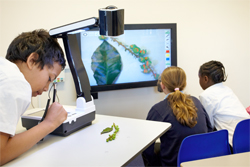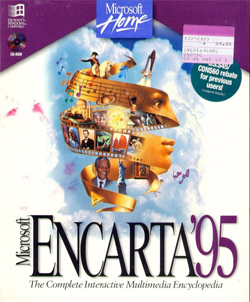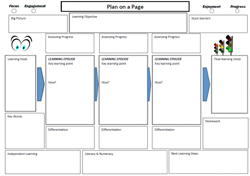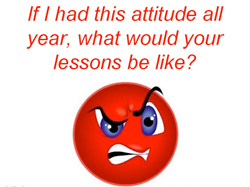
Here is the third article in our series on maximising the use of visualisers across different curriculum areas. Below you will find practical tips on using visualisers to help pupils retain scientific concepts.
Use visualisers at key stages 1 and 2 to introduce material properties and spark pupils’ imagination:

Are iPads the latest big thing that will transform education, or yet another over-hyped technology that will be misused until the next big thing comes along?
Computers in the late 80s were going to change everything, but then we realised they couldn’t do very much that was really different. In the 90s, CDs with encyclopedias such as Encarta appeared which were going to kill the textbook, but that never really happened.
Microsoft put out the Where do you want to go today? adverts in the 90s, but we didn’t really seem to go anywhere.
Interactive whiteboards were the next big thing, with England particularly keen to adopt. Used well they can be highly effective, but the majority are used as little more than a white blackboard.

If you are involved in education and use twitter you can’t not have seen Ross McGill’s excellent 5 Minute Lesson Plan. A great resource that supports teachers with planning effective lessons, in 5 minutes or less.
This inspired us to produce a ‘Plan on a Page’, based on the great principles of the 5 minute plan:
At the moment we are trialling it in school, but it looks like this:

1. Comic life - creating conversations as a comic.
I remember being taught French at high school, and the first thing everybody had to do was a simple conversation with a partner. This is my third year teaching Spanish to Year 6, and I have always started with that same topic. To freshen up this tried and tested formula, though, I have the children create comic strips of their conversation. Most children use pictures of themselves (using the iPad's camera) Whilst others will copy pictures from the internet, or even use images from their photo library of other family members, friends or even pets to create a 'Que tal' conversation.

First lessons can be great fun! Most pupils still look neat and tidy and possibly even eager to learn; they are at the very beginning of the honeymoon period and you still have a chance of making a great first impression on them. You are all rested after a long break and the marking has not yet piled up on your desk so you feel a little less stressed than usual.
However, if you have left all of your planning to this final weekend of the holidays and still feel a little groggy from all the sun and sangria meaning you now don’t know where to start, you can use the following reflection to give you some inspiration for that first lesson back. This is how I am going to start my year with Year 9.

The Internet is a wonderful student resource for researching school reports, communicating with teachers, staying in touch with friends, and entertaining themselves. They can literally hit a few keystrokes and find out about culture in China, the history of Europe, or take a tour of the American White House.
But with that access comes risks, even if you’re careful. For example, in our year 3 class project on life cycles, we never allow the students to search “chicks”, rather they must type “baby chickens” to avoid problems.
The digital natives we are educating don’t want to hide from the internet, though. They want to learn to manage it. What we as teachers must do is show them how to avoid the internet’s bad neighbourhoods so they can benefit from the good. Here’s my year-by-year run-down on how to prepare students to thrive in the online world:

A community-driven platform for showcasing the latest innovations and voices in schools
Pioneer House
North Road
Ellesmere Port
CH65 1AD
United Kingdom